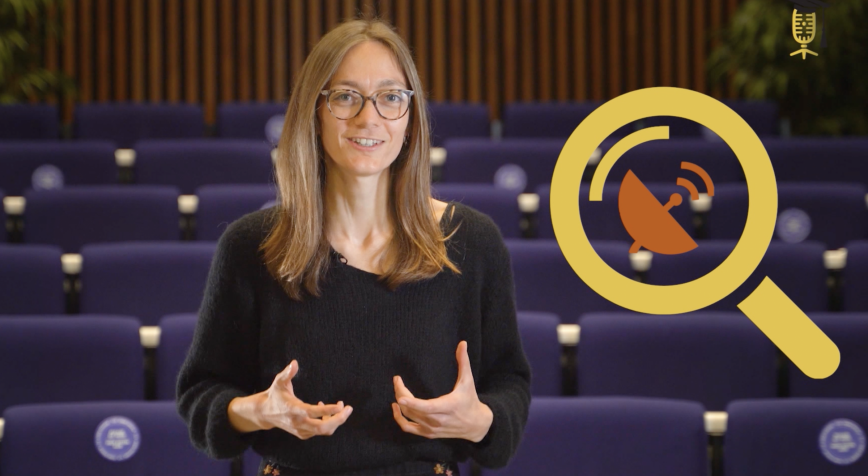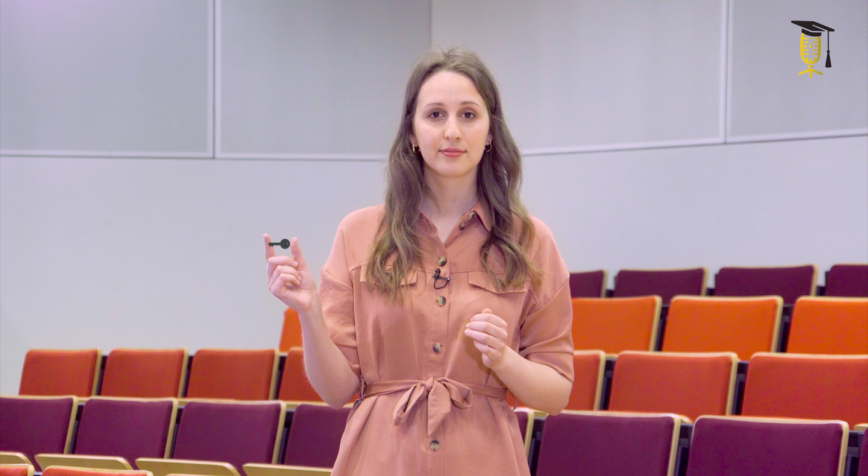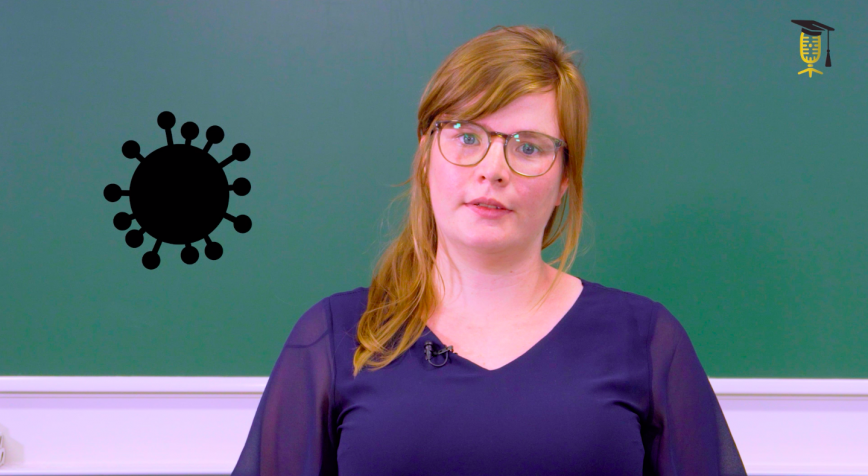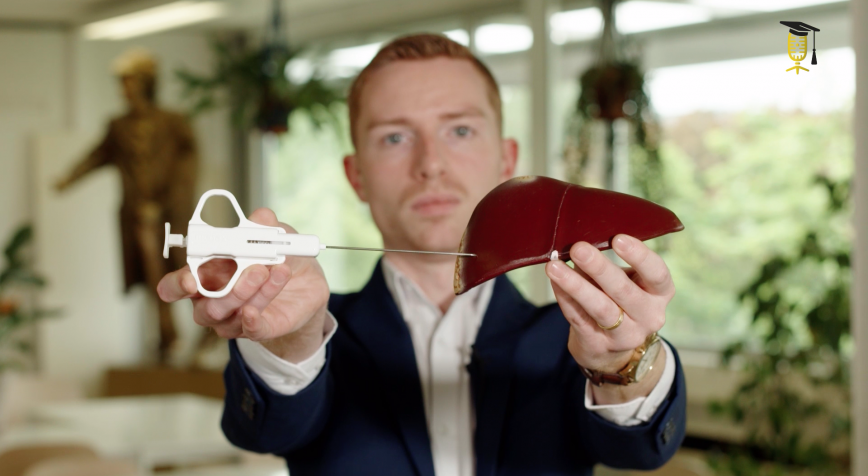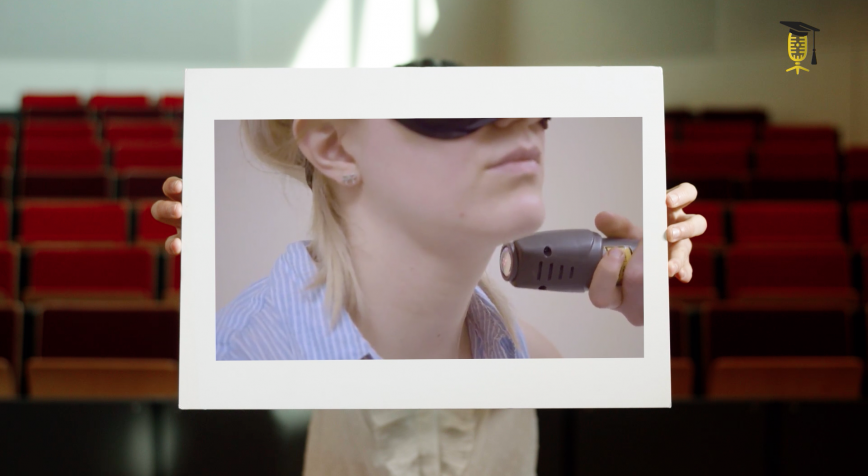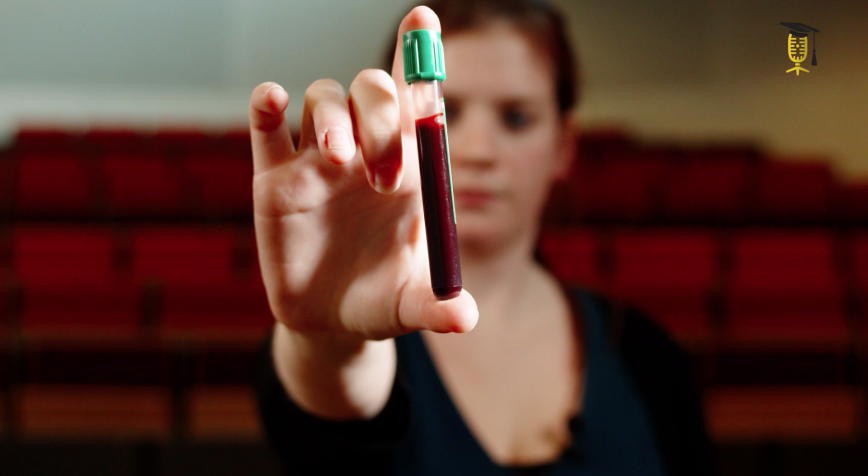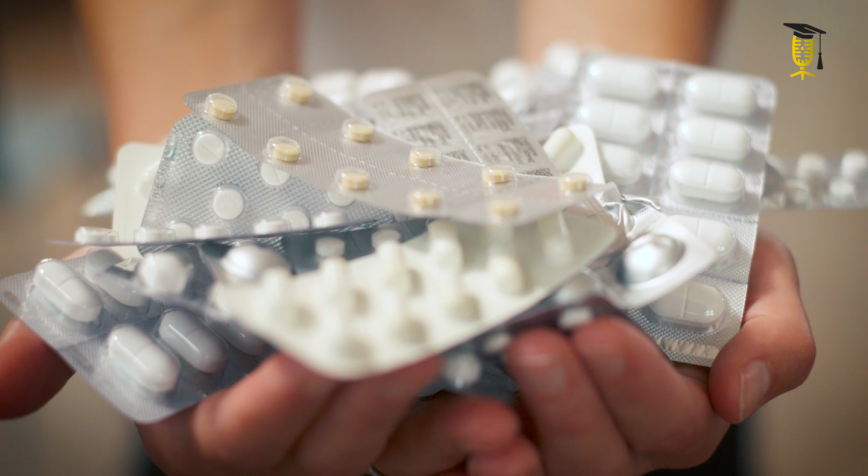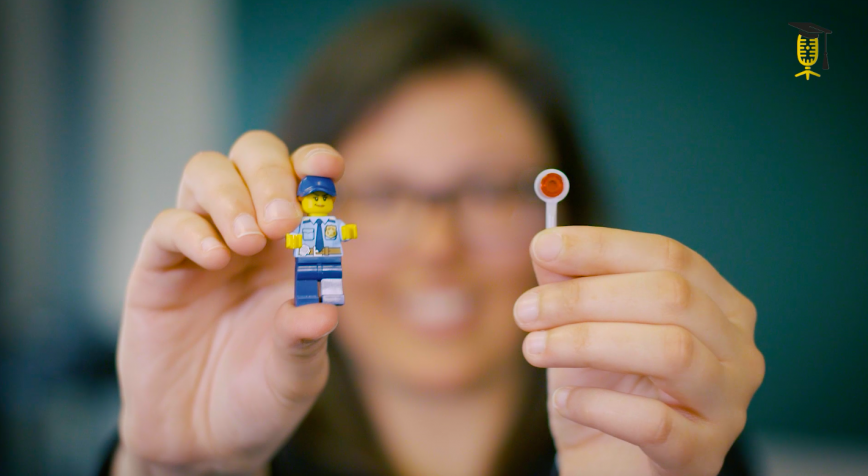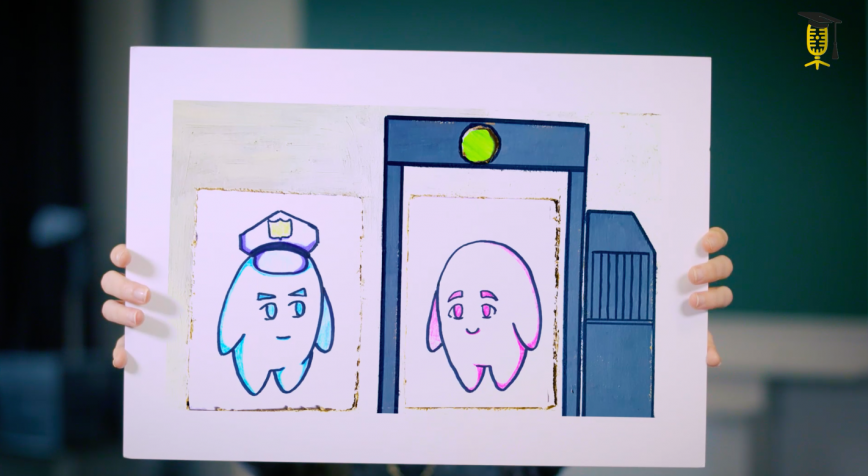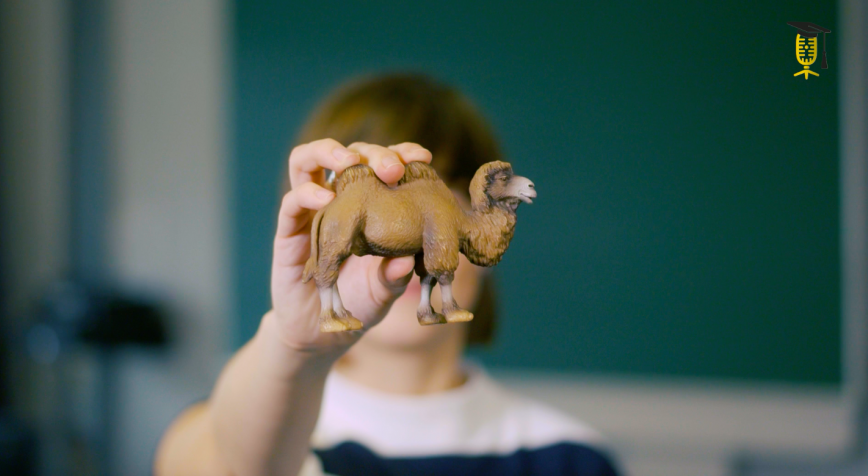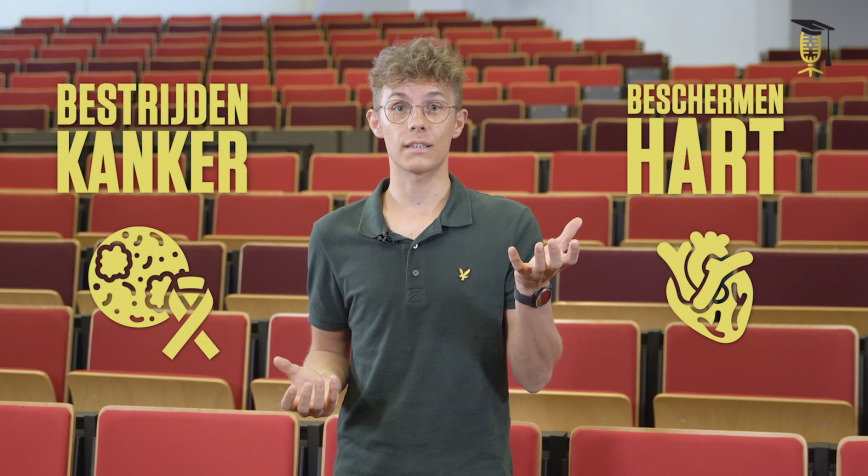
UHasselt
Cancer today, heart damage tomorrow?
Cancer patients often become heart patients. This is because chemotherapy affects not only cancer cells but also healthy cells, such as the heart muscle cells. In order to prevent heart damage after chemotherapy, we first need to know what factors increase the risk of heart damage. And that is what Sibren Haesen (Uhasselt) has made his mission. With his Ph.D., he wants to help ensure that today's cancer patients do not become tomorrow's heart patients.
